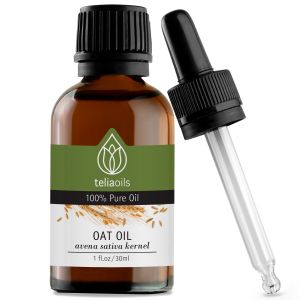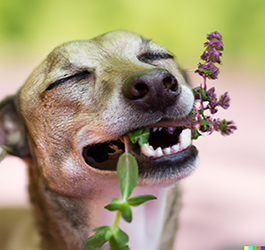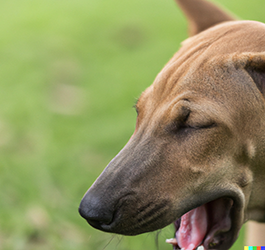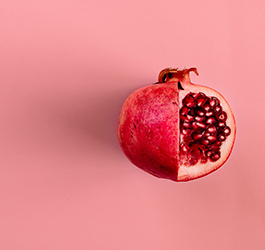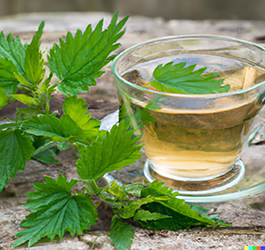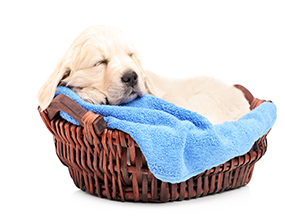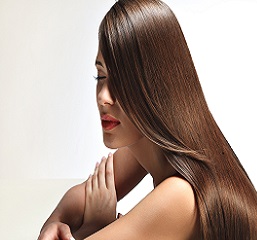Thicken and Stimulate Hair Growth With Natural Oils and Supplements
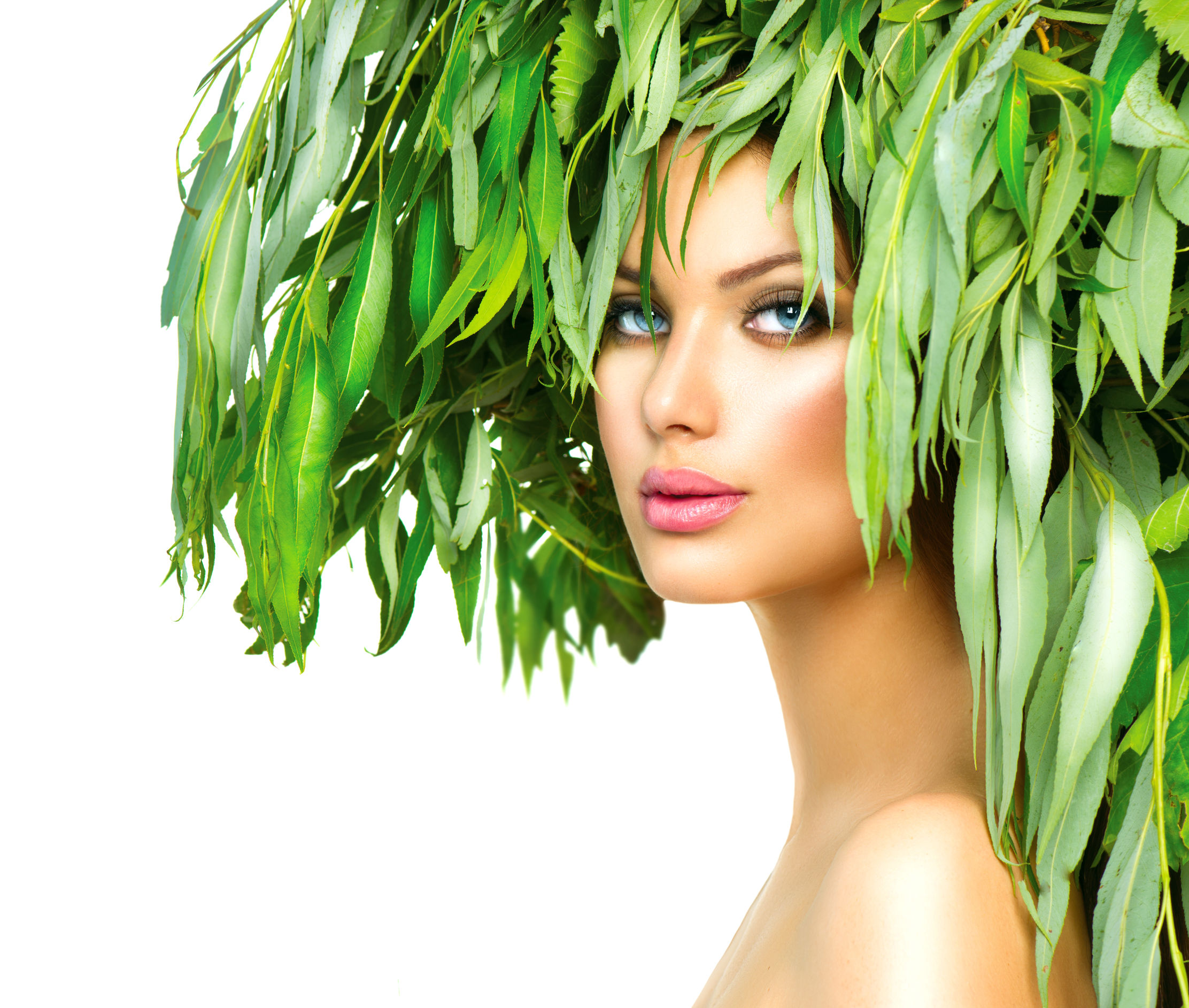
HAIR LOSS
The human scalp has between 100.000 and 350.000 hair follicles. These hair follicles undergo cyclical phases of growth and rest. Normally, we lose about 50-100 hairs daily.
Hair loss or baldness is referred to as alopecia. It becomes as if fewer hairs are produced after the old ones are shed.
By the age of 40 or so, the rate of hair growth slows down.
There are several types of hair loss, often classified by whether the loss is localized, if the hair loss is patchy or affects the entire scalp or if it affects large areas.
Alopecia areata: It is believed to be an autoimmune condition where hair falls out in patches. The hair loss may occur spontaneously and rarely leads to baldness.
Alopecia totalis: If the alopecia covers the entire scalp.
Alopecia universalis: If alopecia spreads to the rest of the body including eyebrows, lashes, and beard.
Tinea capitis: It is a fungal infection of the scalp that tends to attack hair shafts and follicles leading to hair loss. It appears as bald spots with black dots where the hair has broken off.
Androgenetic Alopecia (AGA): It is more commonly called male pattern baldness. It is a less dramatic type of hair loss, common in men but it can also affect women. The presence of androgens is responsible for this condition. It generally occurs in men who have heredity to baldness. Men usually start losing hair on their foreheads.
Women can also have AGA commonly called female pattern baldness. Women tend to notice hair loss appearing on the top and crown of the scalp. It most often occurs after menopause.
Caution: Hair loss can be the first sign of a disease. About 30 diseases, including thyroid disease and anemia, cause hair loss. By treating the disease, hair loss often can be stopped or reversed.
Causes
- Pregnancy.
- Childbirth.
- Birth control pills.
- A lot of stress.
- Some diseases and medical treatments.
- Anabolic steroids.
- Hereditary.
- Testosterone excess.
- Anorexia and bulimia.
- Ringworm of the scalp.
- Anemia.
- Insulin resistance.
- Chemotherapy.
- Menopause.
- Polycystic ovarian syndrome.
- Weight loss.
- High-dose vitamin A.
- Deficiency of protein and iron.
- Medicines that treat arthritis, depression, gout, heart problems, and high blood pressure.
Recommendations
- Eat fruit and vegetables.
- Avoid starch.
- Eat a diet high in biotin (such as brown rice, bulgur, oats, and soybeans).
- Improve blood sugar regulation through diet and supplements.
- Use shampoo and conditioner containing biotin and silica.
- Avoid sweets and fatty foods.
- Increase antioxidant intake.
- The use of vitamin C, A-lipoid acid, and flavonoids may help slow down hair loss.
- Hair is fragile when wet. Gently pat your hair dry and squeeze out the remaining moisture with a towel.
- Eat soy foods.
- Avoid raw eggs.
- Avoid rough treatment. Don’t use a brush or fine-toothed comb.
- Avoid crash diets.
- A good daily multivitamin containing zinc, vitamin B, folate, iron, and calcium.
- Meats, eggs, and fish are good sources of protein.
Beneficial Herbs
External Use
Herb |
Form |
Benefits |
|
Aloe Vera |
Gel |
Soothes inflammation |
|
Apple cider vinegar |
Juice with water |
Helps hair growth |
|
Biota |
Tincture or lotion |
Thickens existing hair and prevents further baldness |
|
Drynaria |
Tincture or lotion |
Stimulates hair growth on portions of the scalp affected by AGA |
|
Gingko Biloba |
Tablets |
Improves circulation in the scalp |
|
Green tea |
Tea |
Reduces hair loss in men |
|
Sage |
Tea |
Helps hair grow |
|
Saw palmetto |
Extract |
Reduces hair loss in men |
|
Tea tree |
Oil (massage) |
Antibacterial. |

 de
de el
el
